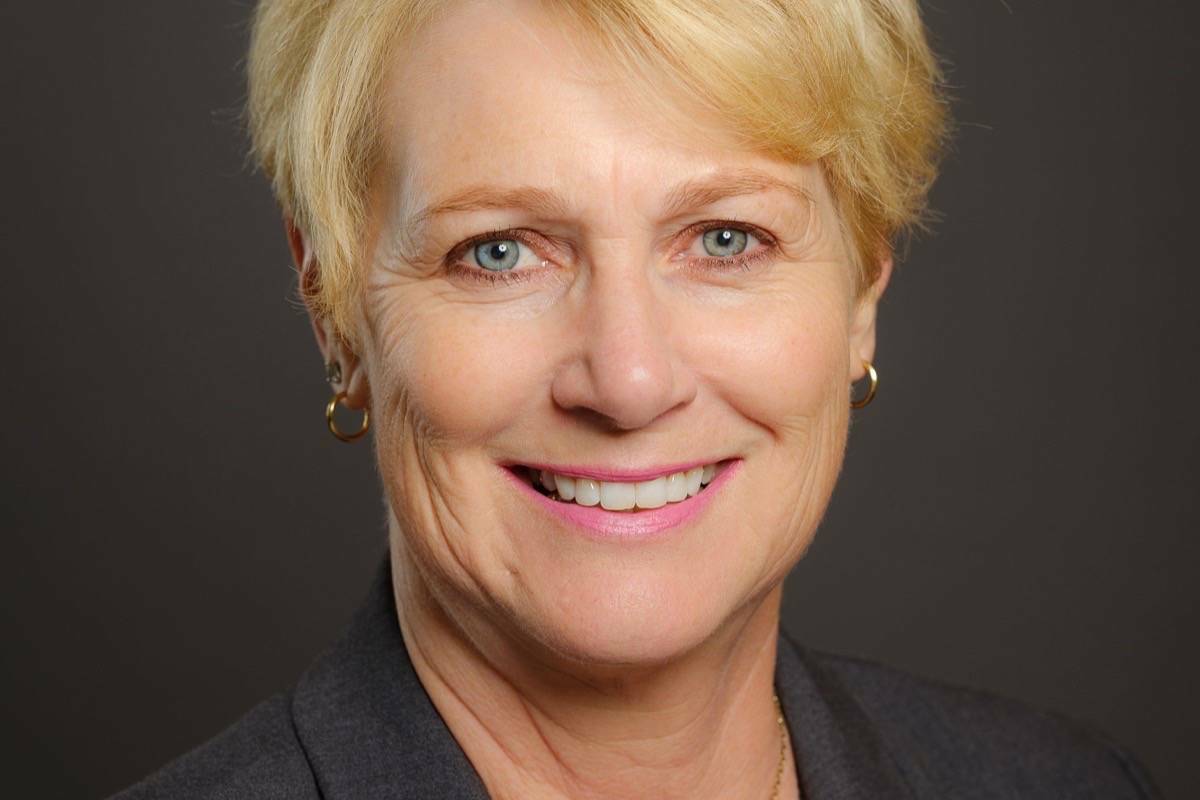New figures from Statistics Canada show inflation declining in B.C., but mortgage payments continue to rise at record rates.
British Columbia’s inflation rate was 4.7 per cent, down from 6.2 per cent in February, according to the latest data. This drop, however, largely reflects what economists call baseline effects.
“While inflation has slowed in recent months, prices remain elevated,” Statistics Canada said in its analysis.
Despite inflation generally trending downward, other measures suggest ongoing financial pressures. Mortgage interest costs rose 26.4 per cent in March, up from 23.9 per cent in February, with Statistics Canada noting it was the “largest yearly increase on record” as Canadians continued to renew and start mortgages at higher interest rates.
RELATED: Can it get any worse? 33% in B.C. expect they’ll face even more financial woes in 2024
Finance Minister Katrine Conroy said she’s glad inflation rates are coming down.
“But we know people are still struggling in some areas and so we are continuing to support people with different cost-of-living support, making sure that they are going to okay, because we know people are still struggling.”
When asked which additional measures British Columbians could see to when it comes to help dealing with high energy prices, Conroy pointed to the BC Climate Action Tax Credit. She added other measures such as the third affordability credit that went out this month.
The BC Family Benefit will also permanently increase on July 1, with eligible families seeing a 10-per-cent increase in their monthly payments and single parents receiving as much as an additional $500 per year on top of the increase.
However, higher interest rates also mean rising housing costs for homeowners making mortgage payments themselves or renters paying toward the mortgage of somebody else, and those higher interest rates also make it more difficult for people to enter the housing market.
Last week, the Bank of Canada announced it would hold the current rate at 4.5 per cent, which it has done so since January 2023 following several increases during the second half of 2022.
Conroy said the province government hopes the Bank of Canada will continue to hold the line on increases, adding B.C. is also looking at ways to provide affordable housing. This year’s budget also includes an income-tested credit for renters of up to $400, but won’t come into effect until next year.
Conroy, who previously criticized the federal government for failing to include additional supports for housing needs in B.C., also added that her government remains in discussion with Ottawa.
Meantime across the country, the overall Consumer Price Index rose 4.3 per cent year over year in March, following a 5.2-per-cent increase in February. This was the smallest increase since August 2021, according to Statistics Canada.
@wolfgangdepner
wolfgang.depner@blackpress.ca
Like us on Facebook and follow us on Twitter.

